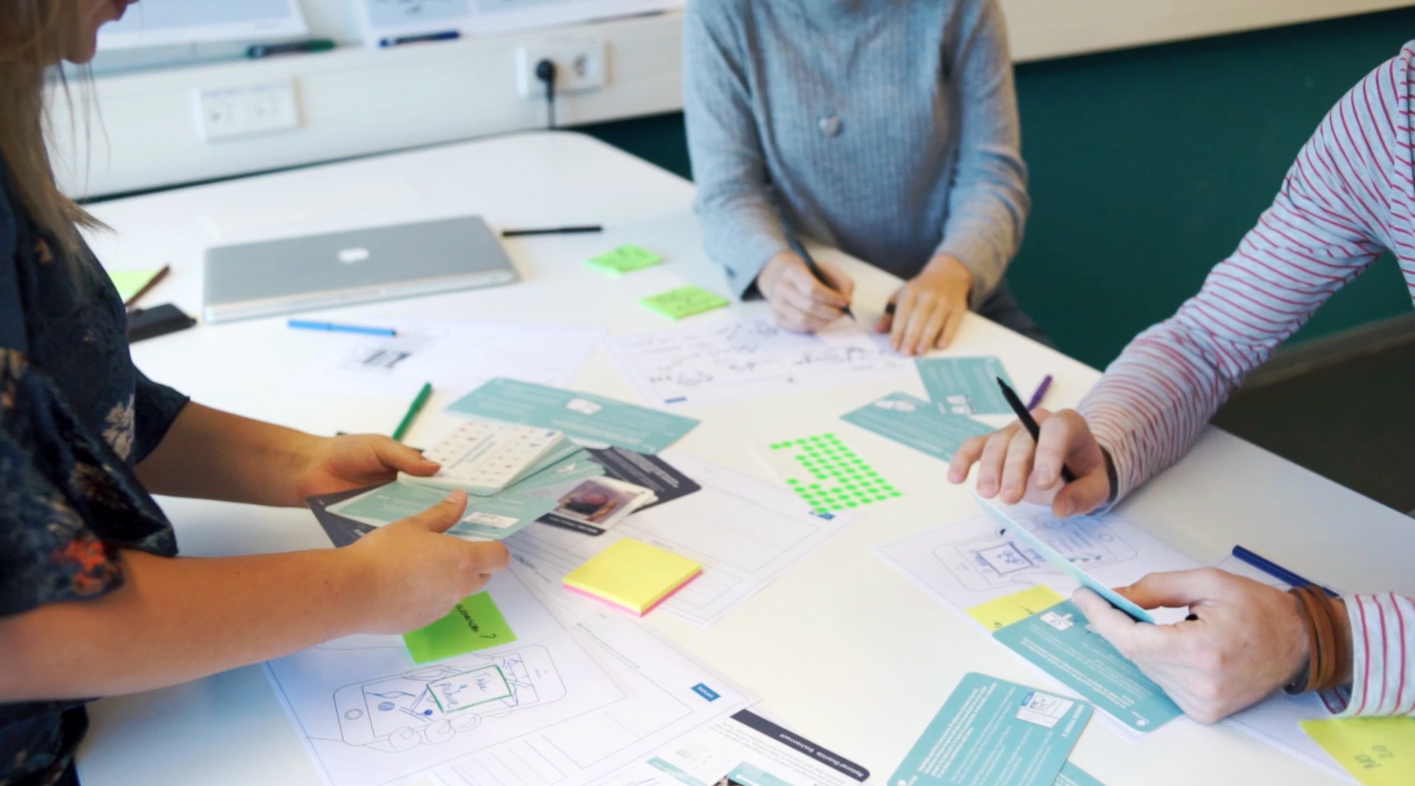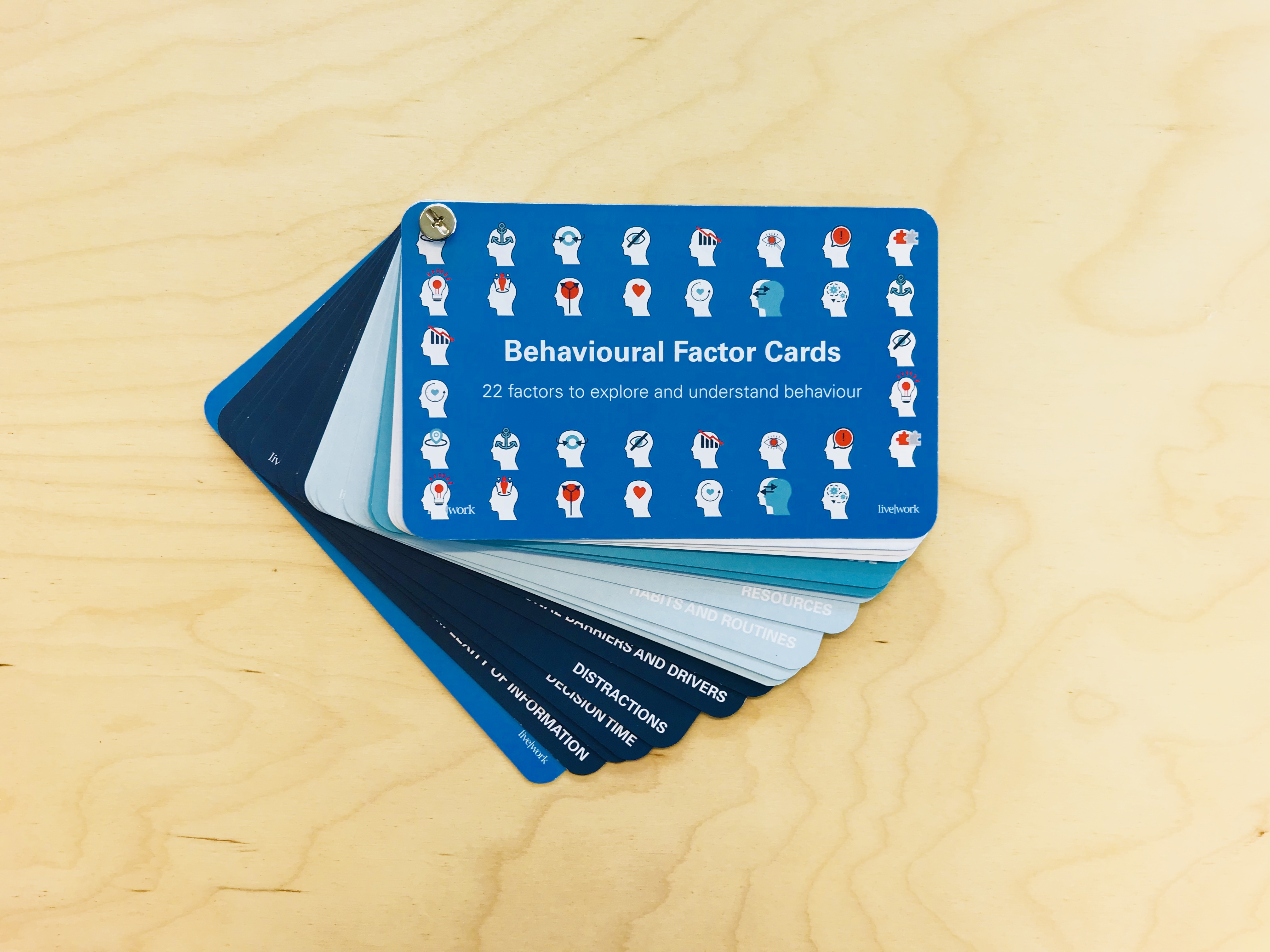Anne van Lieren
Faculty of Industrial Design Engineering
Anne completed her master’s degree in Strategic Product Design. For her thesis, she focussed on the concept of nudging, a psychological construct that proposes positive reinforcement and indirect suggestions as ways to influence the behaviour of individuals. In her thesis, Anne summarized and classified the majority of more than a hundred known nudging techniques.
She executed seven case studies with service designers and their clients to analyse the value of different nudging techniques in a service design process. She developed the new and inspiring concept of rational overrides: micro moments of friction that can be used to disrupt mindless automatic reactions, prompt moments of reflection, and ultimately change behaviour.
Anne used this concept to develop a theoretical framework and toolkit. The theoretical framework has been further developed in a research paper that Anne presented at a major international conference on design research. Furthermore, Anne managed to design a real usable service design toolkit, which was tested with real clients and proved to be a very usable solution to help designers in developing meaningful and positive behavioural change. She received an impressive 9.5 for her thesis
“Anne took great care to communicate her work in a highly understandable and engaging (visual) language. An additional proof that she is a real designer.”
Graduation committee - Prof. J.P.L. Schoormans, Dr G. Calabretta, Lavans Løvlie
Thesis synopsis
Organisations are increasingly keen to influence behaviour; from banks that urge people to save for future income to healthcare organisations that encourage healthier lifestyles. These organizations, and the designers that they hire to do the job, are struggling to change behaviour since it is complex, dynamic and very often not rational.
In this graduation project, knowledge from behavioural sciences was incorporate in the service design practice. The research demonstrated that, next to the well-known nudging approach, micro moments of friction are crucial to changing behaviour. Moments of friction, also referred to as rational overrides, cause people to pause and notice what they’re doing automatically – and so enable them to make a more conscious decision. An alternative design approach and service design toolkit was created to enable designers and organizations to benefit from an enhanced ability to understand, predict and influence customer behaviour.



